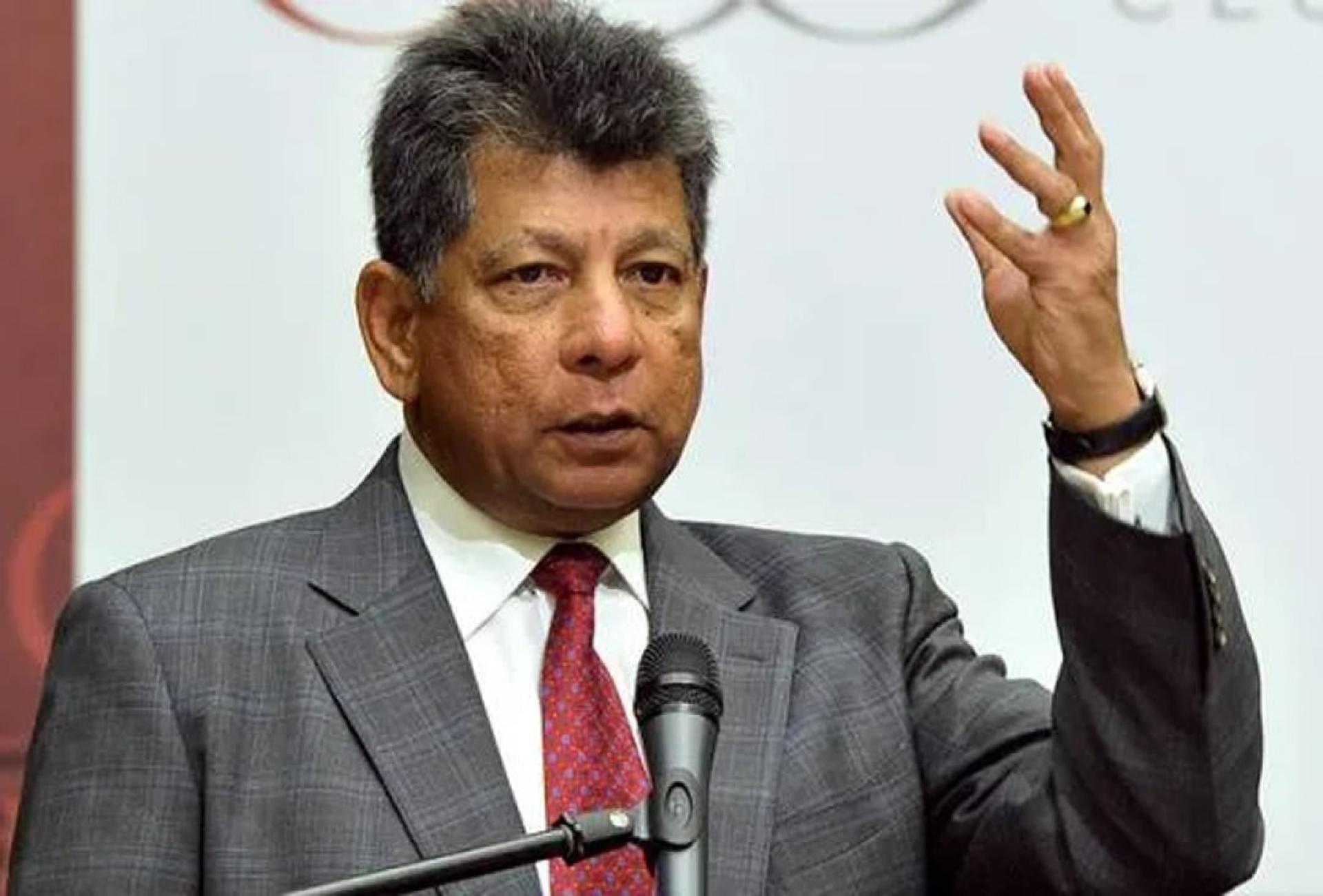Tan Sri Munir, Chairman of the ASEAN Business Club, believes that the new Japanese Prime Minister Sanae Takaichi’s first attendance at the 2025 ASEAN Summit held in Kuala Lumpur shows Tokyo’s continued emphasis on engaging and cooperating with Southeast Asia.
He said that the longstanding cooperation between Japan and ASEAN would be carried on by the new Japanese leader, but what the 47th ASEAN Summit should do is consolidate this cooperative relationship and define directions for mutual effort amidst the disrupted economic and trade order.
However, he pointed out that Takaichi's personal influence, as well as the impression she leaves at this summit, will depend on the length of her tenure as prime minister and the diplomatic policies she introduces.
Munir said that judging from her remarks, Japan will maintain greater independence from the United States, and hopes to cooperate more closely with China to safeguard Japan’s interests.
"US President Trump's tariff policies and threats are not welcomed in Japan, especially among supporters of the opposition right-wing Ishin Party. For an aging population like Japan, this party also firmly opposes immigration and accepting migrants.
"It will be interesting to see how she demonstrates an independent foreign policy in Japan's cooperation with ASEAN."
He pointed out that the Liberal Democratic Party (LDP) chose Sanae Takaichi to counter the right-wing demands of the Ishin Party.
Munir also emphasized the importance of industry cooperation, adding that Japan’s leading position in sustainability and adaptive financing technologies should be a key focus for ASEAN countries.
"Japan has already invested in Sarawak’s energy transition plans. (Malaysia-Japan) both sides should actively promote more Japanese participation in climate action."
He said that Japan can also share modern innovative methods to improve agricultural productivity, and as the Philippines prepares to take over as the next ASEAN chair, agricultural productivity is a focus area for ASEAN.
However, Munir noted that Japan, with its new leadership, still faces several issues, including how the Regional Comprehensive Economic Partnership (RCEP) and the Comprehensive and Progressive Agreement for Trans-Pacific Partnership (CPTPP) can work more closely together, especially in the rules of origin section; whether Japan will now resist China’s accession to the CPTPP; and whether Japan will become more proactive in regional economic diplomacy.
Sanae Takaichi was appointed Prime Minister on October 21. Her diplomatic debut will be at the 47th ASEAN Summit, during which she plans to hold bilateral talks with the summit's host nation’s Prime Minister, Datuk Seri Anwar.
Japan's ruling Liberal Democratic Party and the Japan Innovation Party held a party leaders' meeting and signed an agreement on the 20th of this month, formally reaching a consensus to form a joint government. The Innovation Party confirmed that it would support LDP President Sanae Takaichi in the prime ministerial nomination election convened by the extraordinary Diet session on the 21st.
Japan has always been one of ASEAN's largest trading partners and investors. Last year, bilateral trade reached US$236.4 billion (about RM997.68 billion), while Japan's foreign direct investment in ASEAN was nearly US$18 billion (about RM75.96 billion).
Earlier, Prime Minister Anwar noted that this summit attracts world-class representatives, including the United States, China, Japan, Russia, Europe, the Middle East, Latin America, Australia, New Zealand, and South Africa, making it one of the largest and most significant international meetings ever held in Malaysia.
